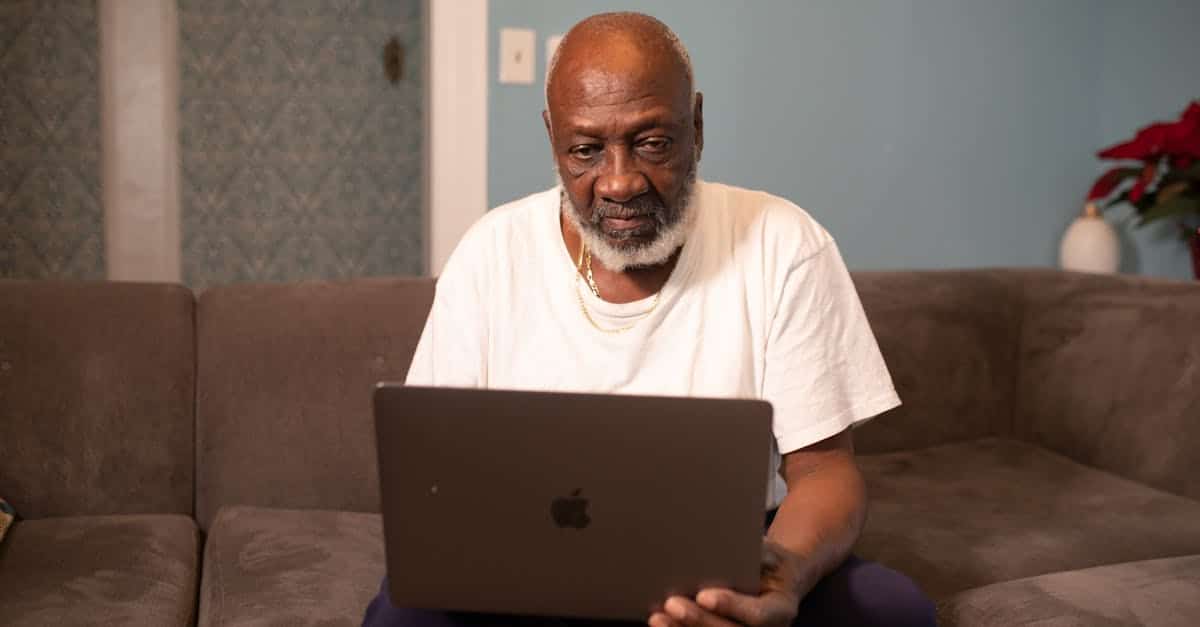|
IN BRIEF
|
THE online games have emerged as a formidable vector for exploring the past, reshaping our relationship withhistory and storytelling. Through immersive experiences, these digital entertainments allow players to relive significant events, or even imagine alternative scenarios. But what is their historical significance? How do these video games do they modify the way we conceive and interact with history? In a world where virtual reality merges with historical narratives, it is essential to examine the revolutionary impact of these playful creations on our understanding of times past.
THE online games have become an unavoidable phenomenon, influencing various aspects of our society and culture. But beyond their recreational value, these games also have a role to play in our understanding and perception ofhistory. This article explores how these interactive media can not only entertain but also educate, while potentially changing our relationship to history.
A new support for historical education
The development of video games as teaching tools is a significant advance. In the past, history teaching was mainly based on reading books and watching documentaries, which could seem abstract to some learners. Today, thanks to titles like “Assassin’s Creed“, players are immersed in detailed historical reenactments where they can explore significant periods and events while playing. These games provide a valuable way to make history come alive and engaging, allowing players to become accustomed to contexts histories in an interactive way.
From entertainment to historical revolution
Titles like “A better world” invite players to project themselves into an alternate past, where they can influence key events. This raises fascinating questions about our understanding of revolutions histories and the choices that shaped them. For example, the fact of being able to change the course of the French Revolution or to canonize Galileo pushes us to think about the consequences of these decisions: what could have been the repercussions if other choices had been made? Video games, by integrating a playful dimension into historical concepts, allow us to experience different perspectives on our common past.
The sociocultural implications of online games
Through the decades, the online games have become platforms for sharing ideas, catalyzing exchanges between players from different cultures. This promotes a better understanding of historical events on a global scale. By playing together, individuals can discuss themes such as war, peace, social movements and their impact throughout history. Therefore, it can reduce prejudices and promote a more nuanced view of history.
Criticisms of historical representations in games
However, this use of video games to explore history is not without limitations. Some critics raise the question of simplification historical events in games. By providing sometimes inaccurate or poorly contextualized interpretations, games can convey erroneous ideas on crucial subjects. Historians like William Brou warn of the risk of rewriting history through an entertainment prism. It is important to use these tools carefully, encouraging a critical and informed approach to history.
The phenomenon of online games: a turning point in interaction with history
In the 1990s, the online games began to diversify and gain momentum, becoming essentials of digital culture. Today, millions of people go online to explore historical worlds, interact with other players, and participate in interactive narratives. This paradigm shift is significant, because it transforms our relationship with history, making it not only more accessible, but also more personal. By cultivating an interest in past events in a fun way, online games can inspire future generations to engage in deep historical research.
Conclusion: the duality of video games as a learning tool
Ultimately, although the online games can be powerful tools for education and the dissemination of history, they must be approached with a critical sense. The challenges posed by their use should not make us forget the potential they contain to transform our understanding of history. Gamers and educators must work together to make the most of this transition, using video games as a way to expand our knowledge while being mindful of their limitations.
Impact of online games on history
| Axis of analysis | Impact of online gaming |
| Education | Facilitate learning of History through immersion and interaction. |
| Historical rewriting | Promote the creation of timelines and allow the exploration of historical alternatives. |
| Digital engagement | Increase young people’s interest in History through fun experiences. |
| Critical perspective | Encourage people to question historical stories by proposing moral choices. |
| Popular culture | Integrate historical events into modern culture, reaching a wide audience. |
- Educational impact: Online games incorporate historical elements, facilitating interactive learning.
- Critical reflection: They encourage a reassessment of historical events using alternative scenarios.
- Total immersion: Provide an immersive experience that reinforces understanding of historical contexts.
- Historical creativity: Allow players to imagine different outcomes, sparking “what if” thinking.
- Accessibility: Make history more accessible to a wider audience, including younger generations.
- Community Engagement: Promote community discussions about historical events through forums.
- Historical empathy: Help develop empathy towards historical figures by placing them in moral situations.
- Creative rewrite: Offer alternative perspectives to known historical events, contributing to debate about their interpretation.




